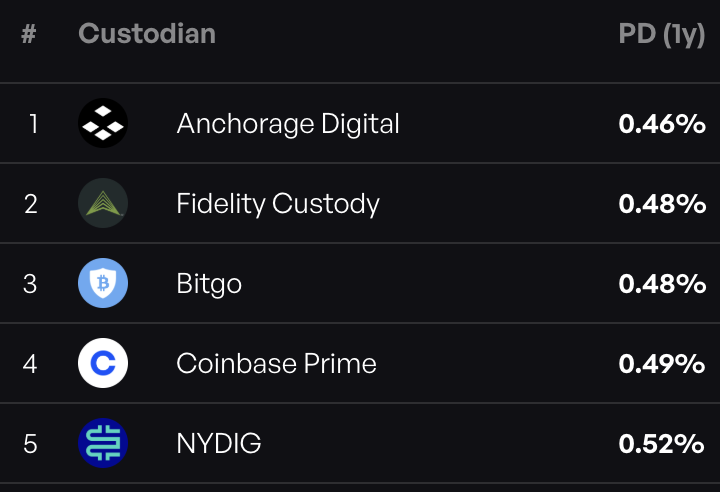The migration of skilled jobs offshore is a recurring American anxiety. Its visa system is too complicated. Exchange rates are manipulated. US businesses are hamstrung by red tape. And in the case of digital assets, regulators are reluctant to provide supervision, whilst at the same time are increasingly willing to file lawsuits and withhold licenses.
The most recent such case was filed on 27th March 2023, when the Commodity Futures Trading Commission (CFTC) sued Binance for letting Americans trade on its offshore platform. This action and other parallel investigations by the SEC and Justice Department have certainly damaged the world’s largest crypto exchange. For example, data indicate that its total retail trade volumes are down in the order of 30% and its on-chain outflows have been well publicised. But what happens next?
The following graphic tracks this overall timeline. Our Statistical Ratings product takes different real-time public data, weights them according to how well they predict default and generates an annual default risk. For Binance, our methodology indicated this risk was 3.9%, its lowest level ever, on 22nd March 2023. Next, a full five days before the CFTC announcement, the risk started deteriorating till it reached 5.5% on 12th April, when it stabilised. Maybe it has even peaked.

So the market absorbed the regulatory news, priced it in, and moved on. The implication is that Binance will continue without US access. To those who are old enough or care enough, this bears a striking resemblance to the imposition of the Interest Equalization Tax by the United States in 1963 under then President John F Kennedy. That’s because one consequence of this tax was the creation of a dollar Eurobond market. Stick with me on this…
A Eurobond is a bond issued in a currency not native to the country of issue. In the 1970s and ‘80s, dollar-denominated bonds were issued by companies in the UK and Luxembourg to protect their access to dollar financing, while allowing investors to bypass JFK’s new tax. The parallel with today is striking. US regulation is driving digital markets offshore, including dollar-denominated stablecoins.
As Michael Porter discussed in 19981, it’s not just businesses that compete in the global marketplace. Countries and by extension their regulators are subject to similar competitive forces. The short-term impact of US regulatory action has been to dent Binance. The longer-term impact may simply be the off-shoring of these activities away from the US and towards more progressive, but still rigorous and reassuring, emerging regulatory environments in Europe, the Middle East, and Asia.
1. Porter, M. E. (1998). The competitive advantage of nations. Palgrave Macmillan



